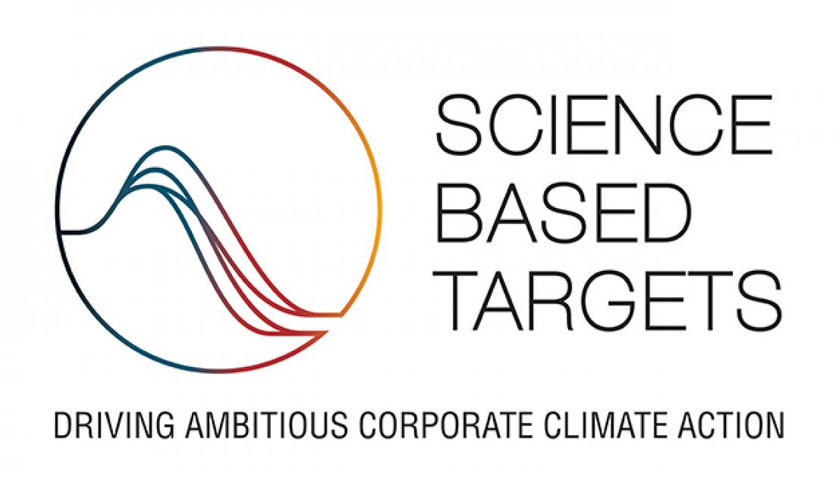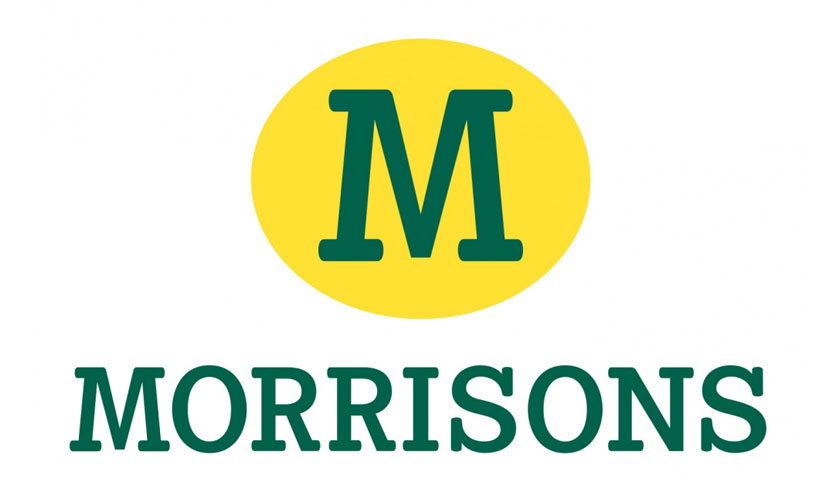Worldwide, 10,000 companies now have validated science-based targets, demonstrating that corporate climate action continues to scale globally. The number of companies with science-based targets validated by the Science-Based Targets initiative (SBTi) globally has reached 10,000. Some of the world’s most recognizable names have set targets including the likes Arsenal Football Club, Danone, ING, Lenovo, McLaren Racing, and Ørsted. The milestone reflects the growing scale of corporate climate action across sectors and regions. Altogether, the 10,000 companies represent more than 40% of global market capitalization and include many of the world’s…
Read MoreTag: SBTi
SBTi reinforces governance with ISEAL Community Membership and opens a call for new Technical Council members
The Science Based Targets initiative (SBTi) today announced two significant steps in its ongoing work to further strengthen governance and oversight: its approval as an ISEAL Community Member and the opening of applications for the next term of its independent Technical Council. Approval as an ISEAL Community Member demonstrates the SBTi’s commitment to continuous improvement and the ISEAL Credibility Principles for sustainability systems. As a Community Member, the SBTi will participate in ISEAL’s learning, collaboration and innovation activities to further strengthen its system over time. ISEAL is a global membership…
Read MoreMorrisons strengthens climate commitment with new SBTi-validation and expands scope of net zero targets
Morrisons has announced a significant strengthening of its climate commitments, with a new set of near and long-term science-based emissions reduction targets that have been formally approved by the Science Based Targets initiative (SBTi). Morrisons new 2050 net zero target covers the entire value chain including emissions from agriculture and land use sources. The targets align with global best practice under the Paris Agreement’s 1.5°C pathway. As part of its revised science-based pathway, Morrisons has committed to reduce its Scope 1 and 2 emissions by 80% by 2035, and by…
Read MoreSBTi releases second draft corporate net-zero standard V2 for consultation
The Science Based Targets initiative (SBTi) has released a second draft of its revised Corporate Net-Zero Standard for public consultation. Informed by feedback from the first public consultation and expert working groups, the updated draft reinforces scientific integrity while improving clarity, actionability, and usability—helping businesses translate science-based ambition into credible action. The draft Standard aims to accelerate corporate decarbonization by: Making science-based climate action more accessible and actionable to empower more companies to set and implement ambitious targets and deliver measurable progress. Bringing forward a stronger, more inclusive framework, with…
Read More9 in 10 companies say science-based targets deliver positive business impact
A new SBTi report finds science-based targets boost business performance across four key measures of competitive advantage: strategic cohesion, stakeholder confidence, financial performance and climate impact. Science-based targets are delivering measurable business value for companies navigating evolving regulation, investor scrutiny, and turbulent markets, according to a new global report from the Science Based Targets initiative (SBTi). The Impact of Setting Science-Based Targets on Businesses report—drawing on a survey of 171 companies with validated targets and 22 studies—finds that 91% of companies report overall positive business impacts, particularly in strategic cohesion,…
Read More
